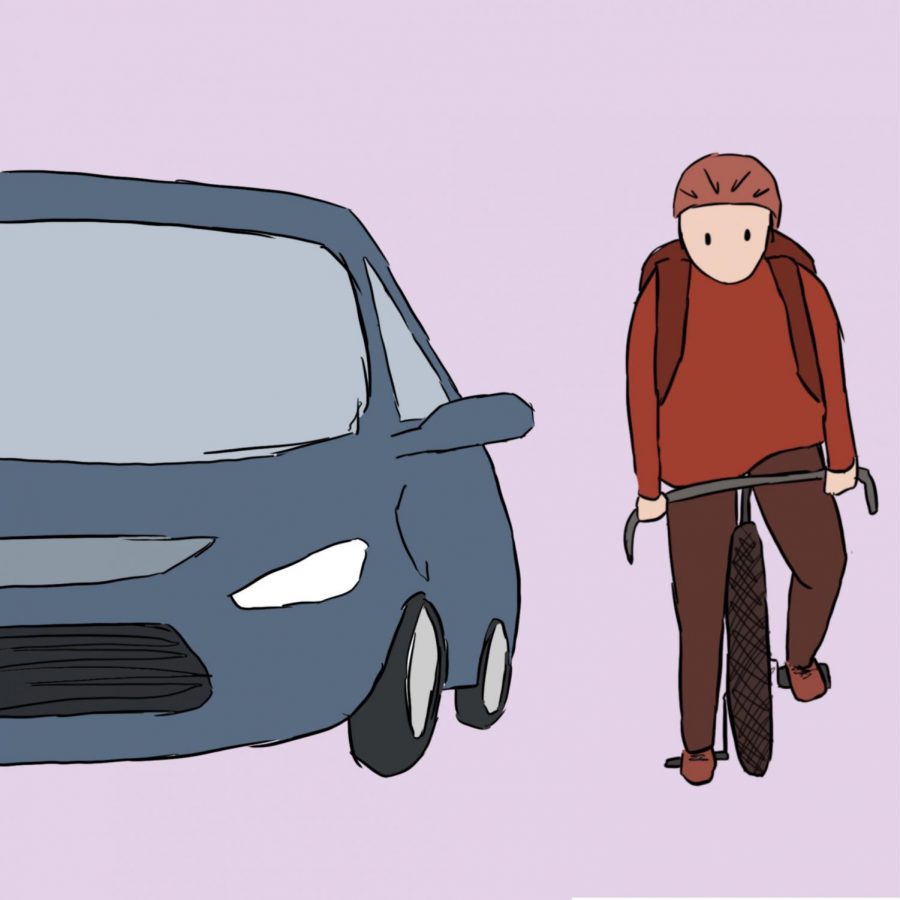Opposing Viewpoints on Local Transportation: The Road Is for Everyone
In recent years, Cambridge has made efforts to make biking easier.
December 23, 2019
In many ways, biking is the superior form of transportation in an urban environment such as the City of Cambridge. While at this time of the year conditions for bikes are not ideal (as much as I try and convince myself, the cold and the snow do not feel as pleasant as the warm, gentle breezes that were typical of biking earlier in the fall), biking offers many advantages in comparison to driving. For one, bikes are often faster than cars during peak rush hour; while the hours a typical CRLS student commutes occur before rush hours, any student who participates in sports or after school activities will encounter plenty of traffic during their commute home. Additionally, any biker need not fret about the agony of finding and potentially paying for a parking spot, because, for those driving, even the staff lot fills up. Even if you are a student who somehow doesn’t need to pay for the expenses of a car, or a teacher who needs a car for reasons other than traveling to and from CRLS, the prices of gas, upkeep, and owning/leasing a car far outweigh the prices of owning a bike. Similarly, if you aren’t an environmentalist and don’t care about global warming and the harmful fumes your car releases into the atmosphere, it is hard to deny the mental and physical benefits of biking to school. Aside from the copious studies proving how physical activity and fresh air can help boost educational ability and create new brain cells, personal experience has led me to recognize how wonderful and amazing it is to start your day by biking to school.
Despite the fact that biking comes with accepting various risks and dangers, Cambridge is making strides towards improving the experience of bikers throughout the city. Those opposed to biking at this moment in time should begin to consider that biking is slowly becoming more and more viable in the city. Despite some negative feedback from various drivers and business owners in Cambridge, the city plans on expanding it’s separated bike-lane network, as well as making efforts to reduce the speed and volume of traffic throughout the city. The city’s lenient and progressive policy towards biking in Cambridge is not something to be angered by, but rather something to encourage; a safer Cambridge for bikers has the potential to boost local business, make lives easier for Cambridge students and families, and overall make the city a healthier environment. As the population of the city of Cambridge continues to grow well over 100,000, the space we should and can allocate for driving and parking is reaching a limit—biking and public transportation are solutions to this problem. The city of Cambridge is not trying to anger drivers or businesses who have lost available parking spaces due to separated bike lanes, but rather trying to better plan for the future.
This piece also appears in our December 2019 print edition.










